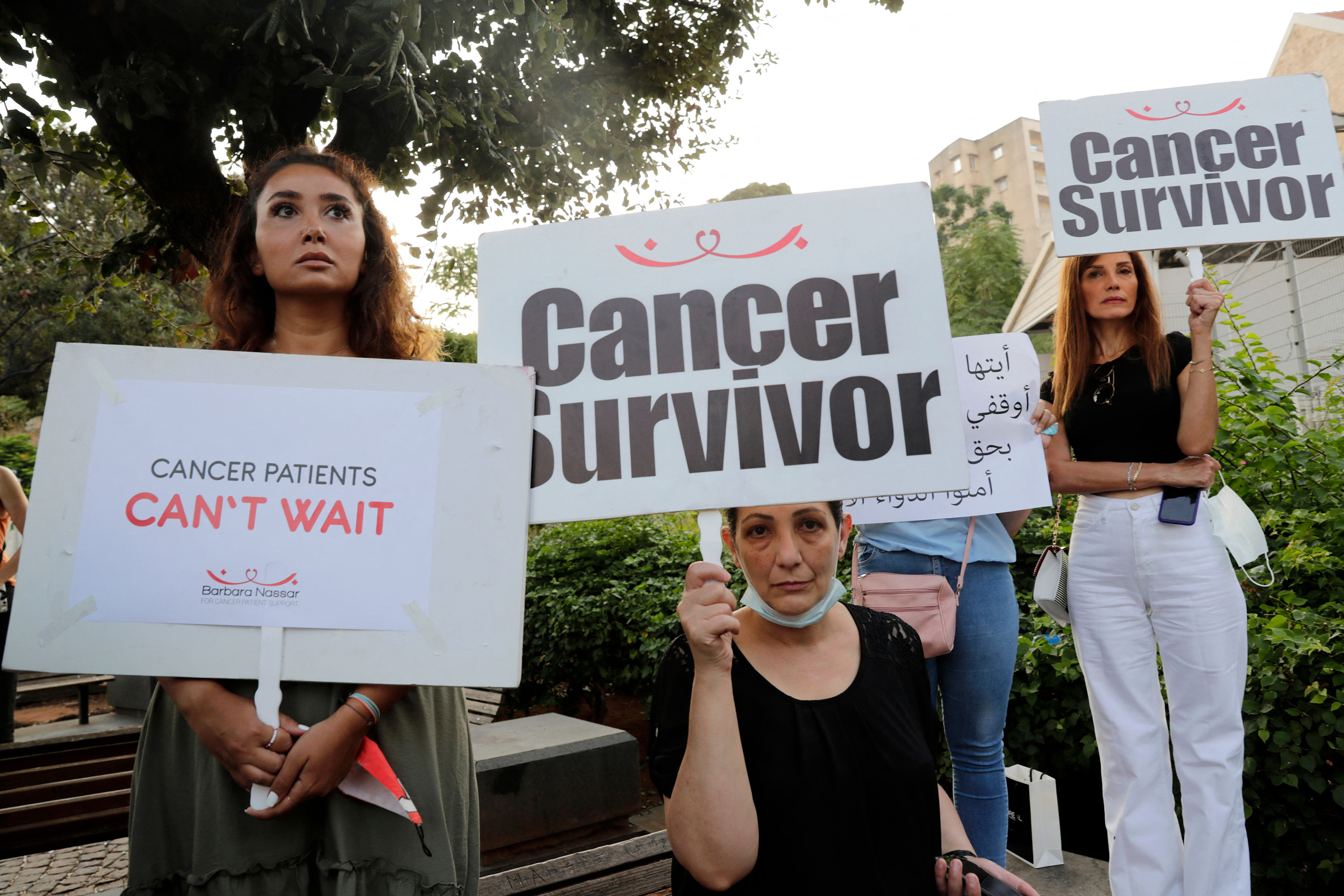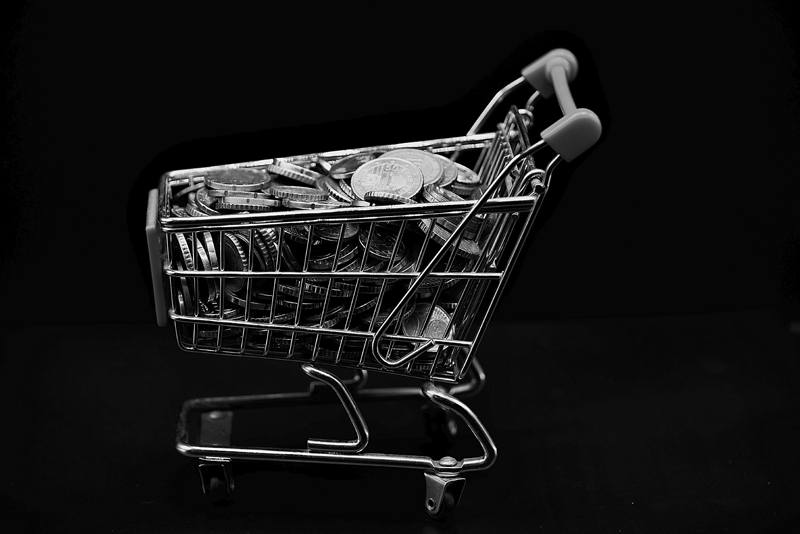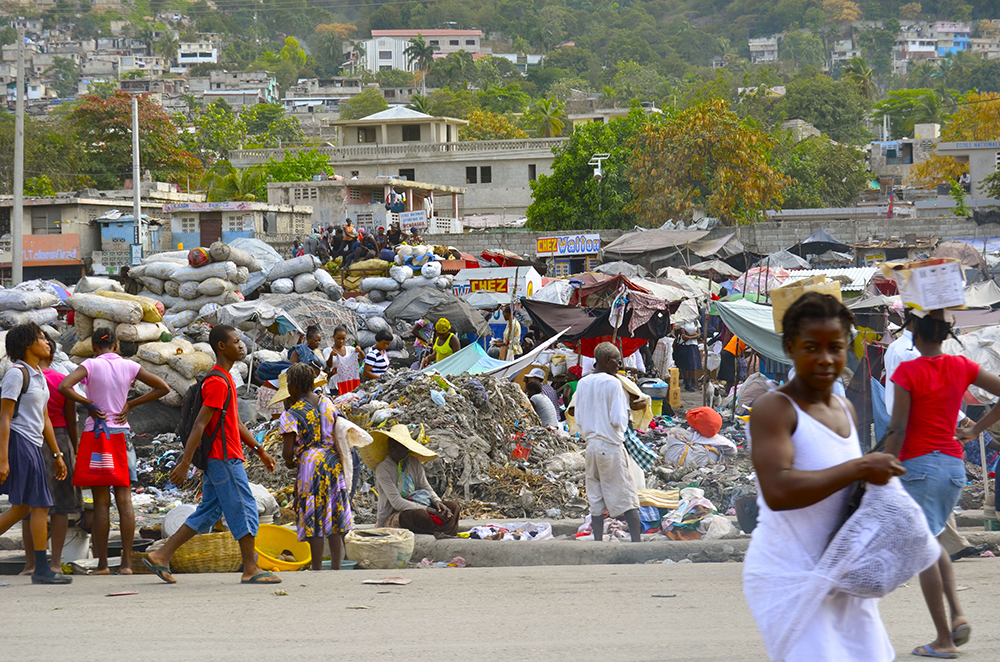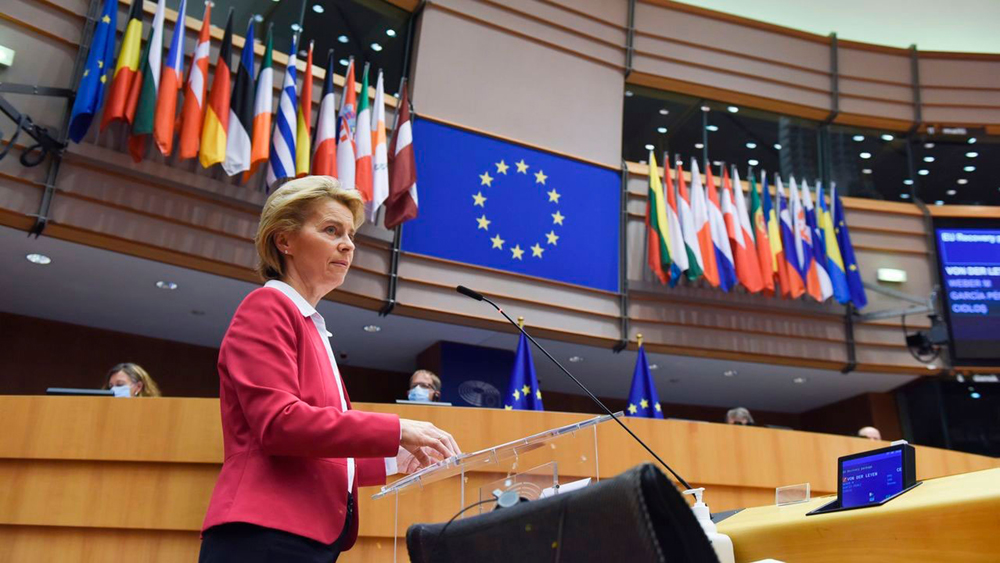"Food must be paid", ECB warning to countries with high public debt
- A number of economists point out on a ECB blog that progressive and effective measures are being taken; otherwise, severe cuts will have to be made in the future or high inflation will be maintained to keep countries’ profits above debt.

Since 2013, euro area countries have applied free lunch or “free food” policies, exploiting expansive monetary policies generally and for long years. In short, it has been taken advantage of the fact that interest rates have been at negative levels – they have remained below 1% since 2012, but in a few months, half a point in negative values, they have risen to 2.5%. In addition, 10-year indicative debt performance bonds have grown from 0 to 3’5% depending on the debtor country. So things, on an official blog page of the European Central Bank, Fiscal Policy: from free food to economic food, several economists have warned that “public debt can become a significant expense and in some cases unbearable, so, even at an economic price, we will have to start paying.”
Debts have been accumulating over the past ten years, and according to these economists, debt had to have taken advantage of the time before the pandemic to recover. At present, Spain, Italy, Portugal and France have public debt twice the gross domestic product. And it is not just the European case: Japan, for example, has a public debt of 200% higher than GDP.
Surprisingly, according to economists, they have remained through inflation. Indeed, inflation has made it possible to increase GDP and decrease its debt-to-debt ratio, at least at the levels mentioned above. Thus, countries' sustainable indebtedness has remained in the hands of inflation.
And now, pay the debt or drown more?
Continuing indebtedness can be an option, but it must be borne in mind that countries will be indebted at higher levels than in the last ten years, because interest rates are very high – so far, in the last ten years, states have been indebted at lower rates; if they continue to indebtedness, they will do so with renewed figures.
The ECB’s economists believe that the orientation of inflation will mark, but warn that the balance can be unbalanced at any time. When they refinance debts, countries will need buyers, and they believe that the problem can come there, to see if they will find them. Only twelve years back to see what happened to Greece, Portugal and Spain.
Economic growth or interest rate?
The macroeconomic orientation of the coming months will be key. Rising public debt can carry risks, but it can be sustainable if the economy grows further. In short, the ECB economists believe that if the internal economy grows more than the average of interest rates, taking nominal GDP as a reference, there will be no problems. This is called (i-g), (g) (growth or economic growth) and (i) (interest rates). But what can happen if the result is inverse?
It can be ordered by the person and enter an unstoppable situation. Investors often demand higher interest rates in countries with large public debts, which at some point can be unbearable.
Economists in the blog mentioned speak of a possible stable fiscal position. Somehow, with a positive result in the i-g dynamics, the country can reach a stable point. But debt payment is inevitable, albeit gradually, so that there are no particularly worrying risk situations. They consider that each country has to adapt to taxation and that it is inevitable since today, because according to the authors the economy continues to grow despite the loss of foam and strength. “If concrete and progressive measures are not taken today, there are two possibilities for the future: the application at some point of extraordinary and severe restrictions, or the assumption of all the damage involved in maintaining constant and high inflation, if allowed by the ECB and Germany.”
Koronabirusaren lehen olatuaren erdian ginela, hitz ederrak entzun ziren G20-ko Finantza ministroen zein Nazioarteko Diru Funtsaren partetik: Hegoaldeko herri pobreak laguntzea ezinbestekoa omen zitzaien eta horretarako zorraren ordainketa une batez gelditzea onarturik zuten... [+]





















